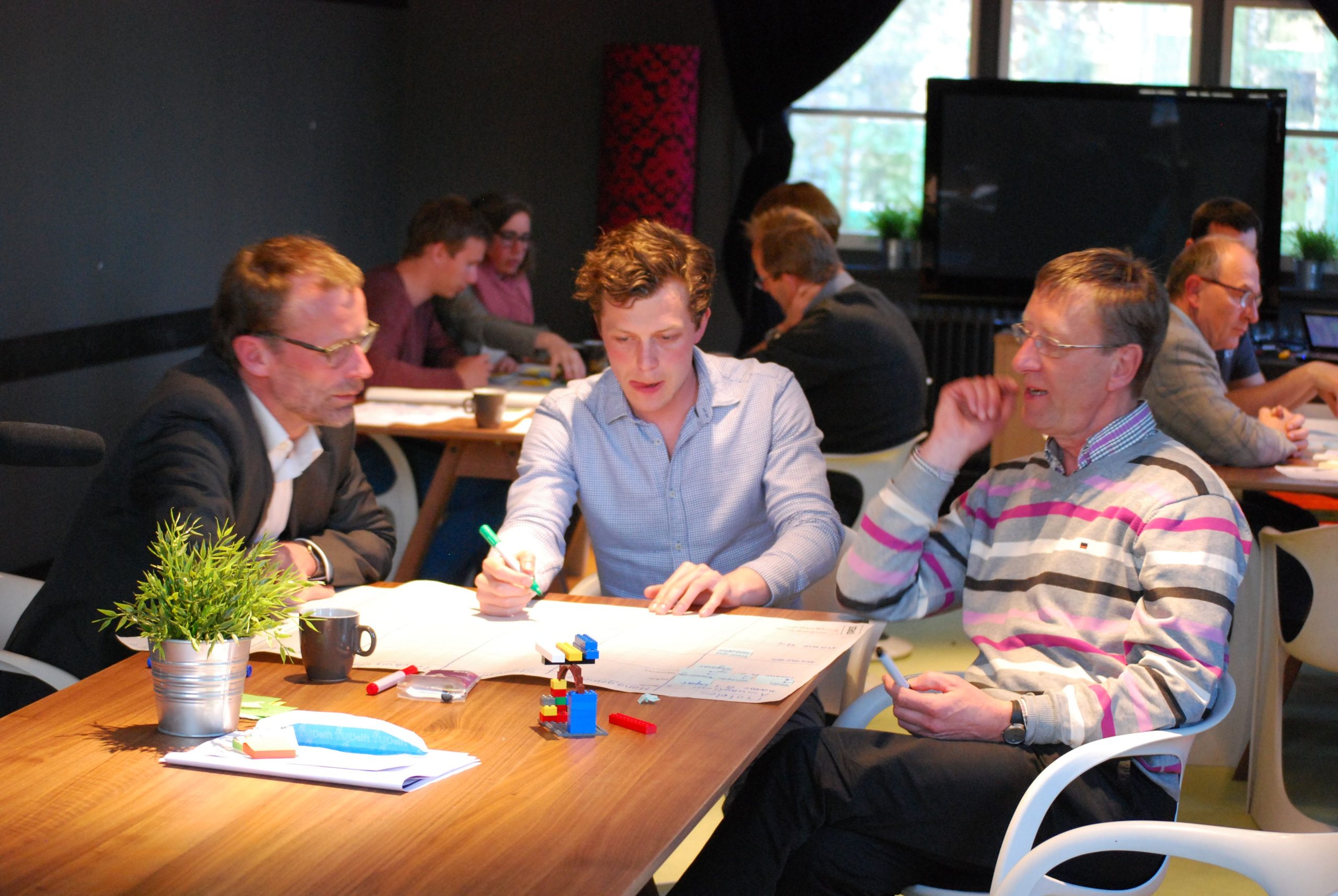Our world is moving fast. Digitalisation and globalisation have already changed the ways we work, play, communicate and do business so maybe it’s time we asked ourselves: what should we be teaching our future engineers?
“If you look at the master’s programme in my own faculty”, said Aldert Kamp, Director of Education at TU Delft’s Faculty of Aerospace Engineering, “they’ve barely changed in 30 years. What we do is prepare everyone for an academic career – despite the fact that 80-90% TU Delft students go on to work in a rapidly changing industry.”
And industry is making its voice heard, complaining that although engineering graduates applying for jobs have a lot of specialised knowledge, they’re lacking in real life competencies. 21st century engineers, they say, need to be creative and capable of multidisciplinary thinking, display empathy and trust. “There is a huge mismatch between what employers want and what universities think they get,” said Kamp.
So together with Dr. Renate Klaassen, at TU Delft’s Centre of Expertise in Education, FOCUS, Kamp initiated a project within the 3TU.Centre for Engineering Education: a Think Tank of fifteen professors, students and educators who would consider the question: what should engineering education look like in 15-20 years?
Over the course of five workshops and using Design Thinking methodology, the Think Tank considered mono- vs multi-disciplinarily, flexibility, and the concept of the developing the ‘whole engineer’ rather than just the cognitive part. It also explored future world scenarios based on combinations of possible trends such as scarcity of resources, robotisation, Big Data, energy shortage. Eventually, three main ideas emerged: profiles, hubs and the need for a common engineering language. “Students from different disciplines need to be able to communicate with each other”, said Kamp.
The Think Tank also developed the concept of profiles, defining four types of engineers for different roles in projects and work environments: namely the specialist, the system integrator, the front-end innovator, and the contextual engineer
Finally scenarios reflecting different trends in engineering led to the Think Tank’s third suggestion of working in hubs. “Take MSc students from different faculties and let them work together on a project e.g. designing a town for driverless cars”, said Kamp. “And bring in people from government or industry – even non-technical people from other universities who have a totally different language and no clue what all those engineers are doing.”
Reactions to these suggestions so far have been mixed. According to Kamp, “There’s a lot of complacency; the professors say well, we’ve performed very well in the past, and even if the world is changing, we won’t be affected. But I don’t believe that because the world is changing rapidly and radically, and if we don’t move, then I’m afraid we’ll lose the market in the end.”



Comments are closed.